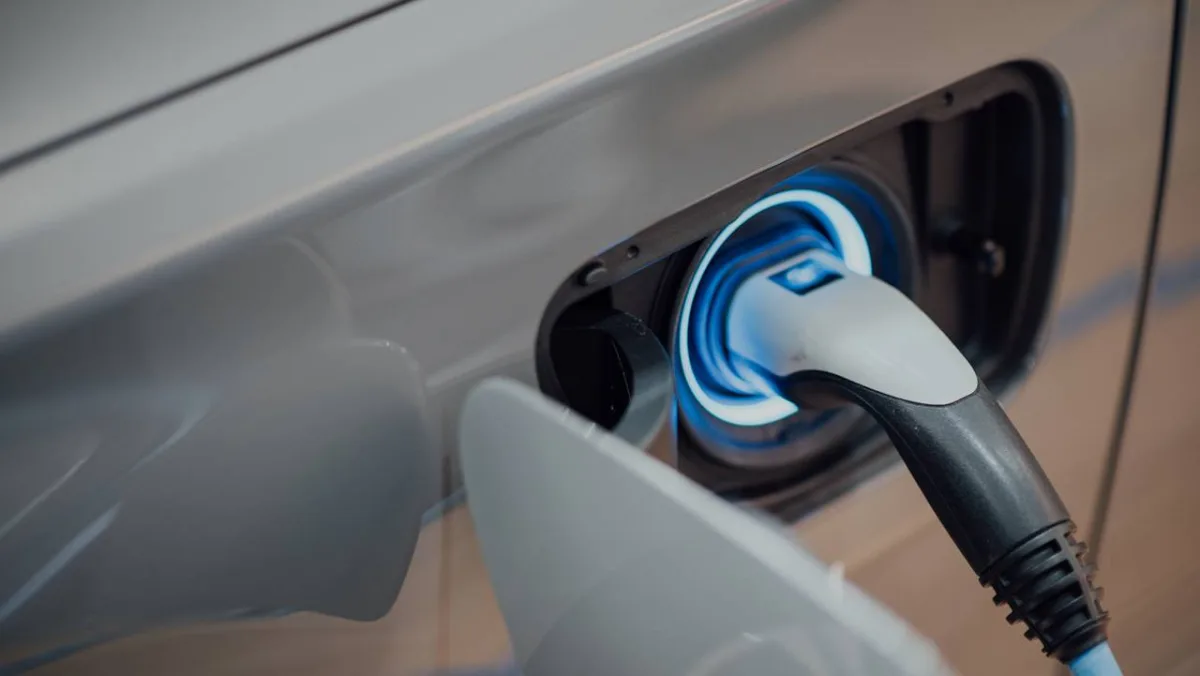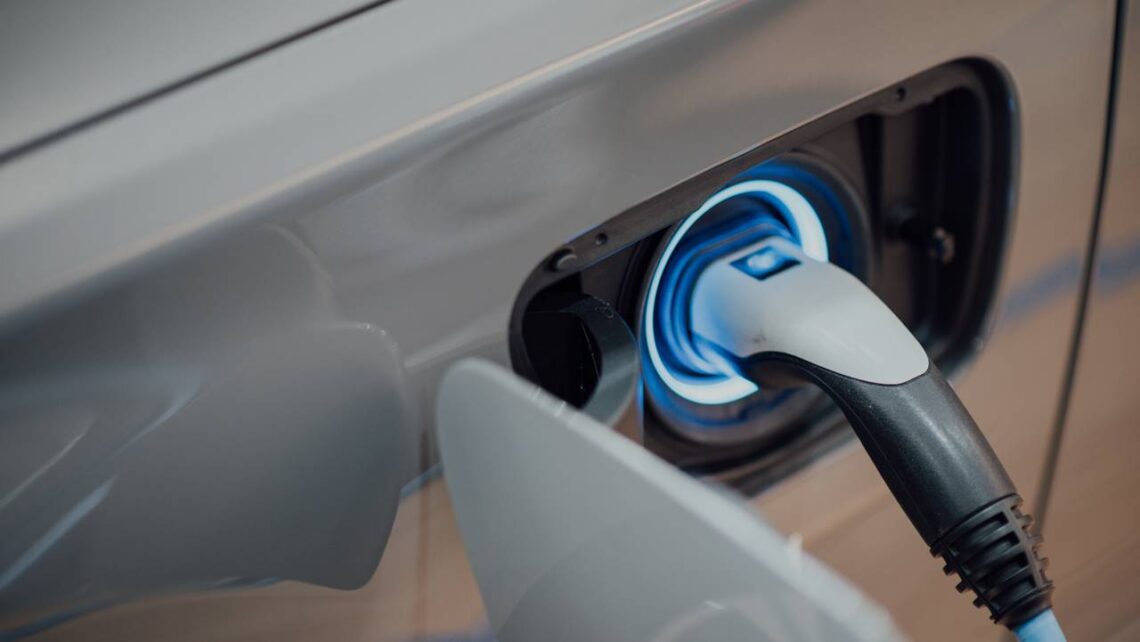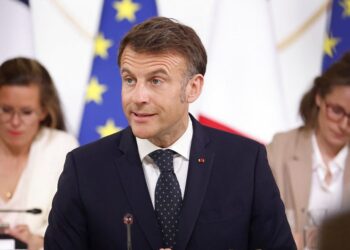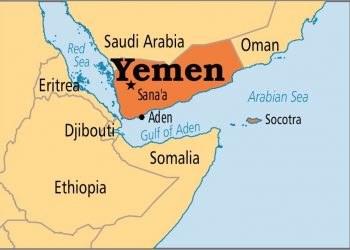The UAE has unveiled plans to establish a dedicated electric vehicle (EV) charging station company, announced during a recent Cabinet meeting at Expo City Dubai, coinciding with COP28. This new entity will be responsible for the development of EV charging infrastructure, day-to-day operations at charging stations, and the formulation of a pricing strategy for charging services.

Earlier this year, the UAE approved a national policy on electric vehicles, aiming to construct a comprehensive network of charging stations that cater to the needs of EV owners while regulating the market. The policy is expected to contribute to a 20% reduction in energy consumption within the transport sector.
In May 2023, the Ministry of Energy and Infrastructure set an ambitious goal to increase the share of electric vehicles to 50% of total vehicles on UAE roads by 2050, as part of an initiative to support green mobility.
During the Cabinet meeting, a study on the actual cost of charging electric vehicles in the country was reviewed. The meeting, chaired by His Highness Sheikh Mohammed bin Rashid Al Maktoum, also approved various strategies to achieve climate neutrality, including the UAE National Energy Strategy 2050, the National Hydrogen Strategy 2050, and the National Electric Vehicles Policy. Additionally, the Carbon Offsetting and Reduction Scheme for International Aviation (Corsia) will be implemented.
The Cabinet endorsed the National Strategy to Combat Desertification (2022-2030), the national green building regulation, the National Guidelines for UAE Biosecurity (2023-2032), and the technical regulation measuring Air Quality.
Ranked second globally in the Energy Transition pillar of the Green Future Index (GFI) 2023, the UAE has invested over $50 billion in renewable energy projects across 70 countries, with a commitment of an additional $50 billion over the next decade.
His Highness Sheikh Mohammed emphasized the UAE’s dedication to combating climate change, citing more than 60 policies, initiatives, and decisions issued in 2023 alone. These efforts include a framework for the National Biodiversity Strategy 2031, global initiatives to decarbonize waste, and a national carbon credits registration system.
The Cabinet also approved guidelines to accelerate the deployment of technology for sustainable aviation fuels, aiming for at least 1% of total fuel supplied to UAE airlines in 2031 to be sustainable and locally produced.
Furthermore, the Cabinet endorsed the National Guide for Smart Construction, applicable to all construction projects in the country. This guide aims to standardize building design by incorporating smart building indicators and ensuring the adoption of the best models for smart construction and digital design.
Technical regulations for the energy efficiency of electric engines and consumption meters were approved, along with decisions related to crowdfunding platform operators, weights and dimensions of heavy vehicles, and sanctions. The Cabinet also adopted rehabilitation criteria for misdemeanors and felonies, regulations for the Federal Law concerning juvenile delinquents, and the National Grant Initiative for Culture and Creativity. Additionally, the “Identification of Emirati Individuals and Families using the National Identity or Digital Certification” was approved to replace the Family Book in official transactions, services, and benefits at the state level.

















